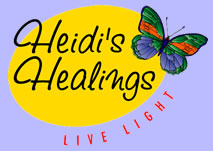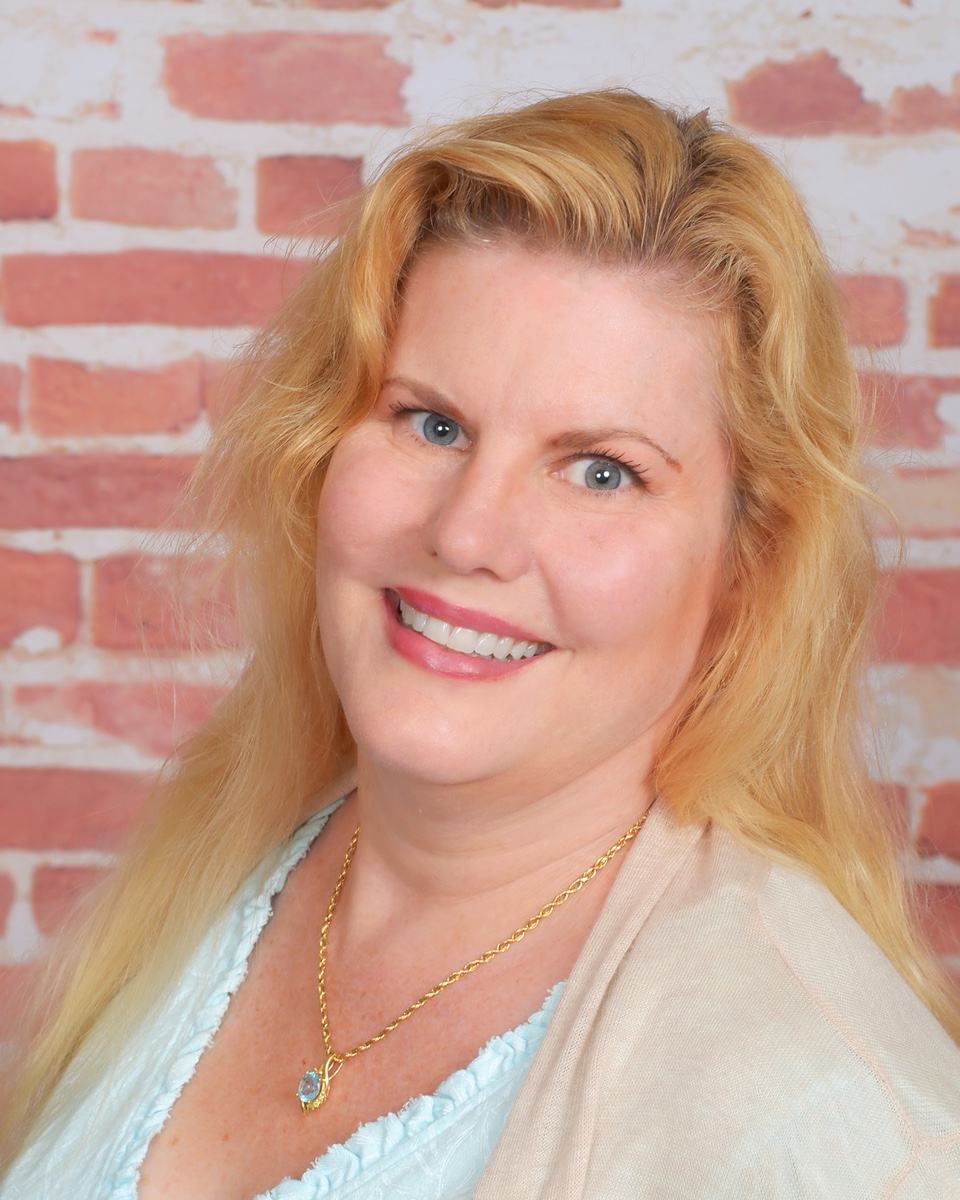Newsletter 8:1

"Change happens at the speed of trust."
Attributed to Stephen M. R. Covey, author of The Speed of Trust: The One Thing that Changes Everything
The world is in the midst of a reset. Resets reorganize that which we have known into something new. A reset can include loss, which we have experienced collectively these past couple of years. And, a reset can accelerate the emergence of our greatest aspirations. We can either resist the reset, or grieve our losses and ride the wave of change to a better place. I encourage everyone to consider what would improve your life. Now is a wonderful time to begin the manifestation of that vision! May the new year bring you to a brighter, happier environment and expression!
In this “information age,” trusting can seem naïve. We are inundated with expert views that are countered by undercover exposés (or, worse, lies). And, yet, a core truth of spiritual development involves increasing our ability to trust. What do spiritual teachers mean when they say that we must trust?
Trust is a multi-faceted issue captured in a simple word. I will cover three aspects of trust: trusting ourselves, trusting others, and trusting life.
Much of the time, our trust issues reflect the ways in which we trust (or mistrust) our own capacities or characters. This version of trust is an inside job. “I trust myself to be able to handle myself in whatever situations I face in life.” We can project our trust issues, and act out our insecurities. For instance, we may worry that someone may be late because—well—we are often less than punctual. In other words, if we cannot trust ourselves to follow through on our commitments (either to ourselves or others), we will not trust others to follow through on theirs. Trusting ourselves involves recognizing that, regardless of what has happened, is happening, or will happen, we are fundamentally whole, capable, and loved.
On Earth, we need one another. As babies, our survival relies on the care of adults. And, as adults, we encounter situations in which our flourishing—and, at times, our survival—depends on the care of others. Our interdependency is clear in everyday experiences like grocery shopping or building a family and/or career. Certainly, our need for others is exacerbated in more extreme experiences like enduring a grave injury, becoming mentally incapacitated, or getting kidnapped. Even after death, each of us will need someone on the ground to settle the estate that we leave in our wake. We need others to help us to handle our affairs in big and small ways throughout and beyond our lives. We hope that we can trust those on whom we depend.
Accepting the extent to which we rely on others deepens our appreciation of the importance of trust. By developing our own trustworthiness, we learn to recognize types and levels of trustworthiness in others. We come to trust our assessment of people and situations. And, if our trust is misplaced, we trust that we can recover, learn, and grow—and, eventually, trust again.
Sometimes we must trust systems, institutions, and people we have not vetted. For instance, in a health emergency, we trust the health care providers to help us. While these situations may be out of our control, it is worthwhile to remember the value of trust generally when we are presented with needing to rely on it.
For human life to be rewarding, we must embrace authenticity, respect, care, and cooperation inwardly and outwardly. Some argue that the aforementioned values comprise the core of what we are learning as human beings. Embodying these values rests on a strong foundation of trust.
Finally, part of trust is believing that our efforts are not in vain. We cannot fully trust the process of living until we accept that—even when we feel as though nothing matters—we are worthwhile, and the process of living is worthwhile since it allows us to fine-tune ourselves, and to show up each day in the best way possible. Living is its own spiritual practice. Each day we have the opportunity to refine ourselves, our lives, our worlds. To the extent that we live authentically, respectfully, carefully, and cooperatively, our efforts are not in vain. Even if the physical fruits of our labor are inevitably destroyed with time, the practice and process of knowing ourselves and cultivating relationships survives. Trusting that our actions and intentions matter—that we matter—means that even the mundane aspects of living cease to be mundane.

Heidi Szycher, PhD
Thank you for subscribing - Feel free to forward this link to your friends!
To subscribe/unsubscribe to Heidi's Newsletter, visit the site's Community Page.
